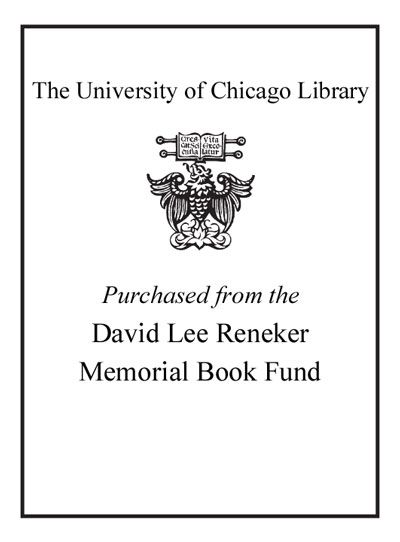Review by Choice Review
Reminiscent of the metaphors used in Images of Organizations, by Gareth Morgan (1986), Hurst provides a radically new way of looking at organizations. He sees the pattern of crisis and renewal as a natural and healthy process if it is understood and managed creatively. Drawing on learnings from the Bushmen of the Kalahari Desert, an analysis of the English industrial revolution, and the patterns of crisis and renewal in the ecology of forests, the author presents a model that is applicable to today's modern organization. Using examples from his own experience as a member of a management team, he demonstrates how bureaucracies can effectively use crisis to produce change and regain entrepreneurial organizational qualities. This fascinating, practical, and thought-provoking book will be useful to organizational theorists as well as practicing managers. Appropriate for undergraduate and graduate collections. J. A. Neal; University of New Haven
Copyright American Library Association, used with permission.
Review by Publisher's Weekly Review
Billed as a radical view of corporate growth cycles, this volume lays out a revitalization plan for managers coping with bureaucratic stagnation. Using the hunter-gatherers of the Kalahari Desert and the Quakers of 17th-century England as analogous cases, Hurst, a consultant and research fellow at the University of West Ontario National Center for Management Research and Development, develops his theory that the evolution of organizations, whether they be corporations, philosophical entities or civilizations, follows a natural pattern that repeats itself and can be predicted. The initial stage is characterized by enthusiasm, high purpose and shared responsibility, which bring out the best in everyone involved. But, alas, a successful enterprise inevitably falls victim to institutionalization as processes are formalized, rigidity sets in and democratic processes are replaced by hierarchical rankings. Only a crisis or near catastrophe can restore the original milieu of purposeful cooperation. Usually this happens on its own; but if it doesn't, Hurst urges managers to create the crises themselves through acts of ``ethical anarchy.'' Author tour. (Sept.) (c) Copyright PWxyz, LLC. All rights reserved
(c) Copyright PWxyz, LLC. All rights reserved
Review by Library Journal Review
Management consultant Hurst examines social organization from the Bushmen of southern Africa to the Nike Corporation and concludes that it is only through a process of renewal following a crisis that human organizations successfully adapt to the ever-changing environment. His book is more a reflection than a prescription, and managers looking for quick answers for today's problems will be disappointed. However, unlike many current management theories whose interest in history begins and ends with the 1960s, Hurst's use of historical analogies is refreshing and welcome. Recommended for academic libraries and public libraries with comprehensive business collections.-Andrea C. Dragon, Coll. of St. Elizabeth, Convent Station, N.J. (c) Copyright 2010. Library Journals LLC, a wholly owned subsidiary of Media Source, Inc. No redistribution permitted.
(c) Copyright Library Journals LLC, a wholly owned subsidiary of Media Source, Inc. No redistribution permitted.
Review by Choice Review
Review by Publisher's Weekly Review
Review by Library Journal Review

